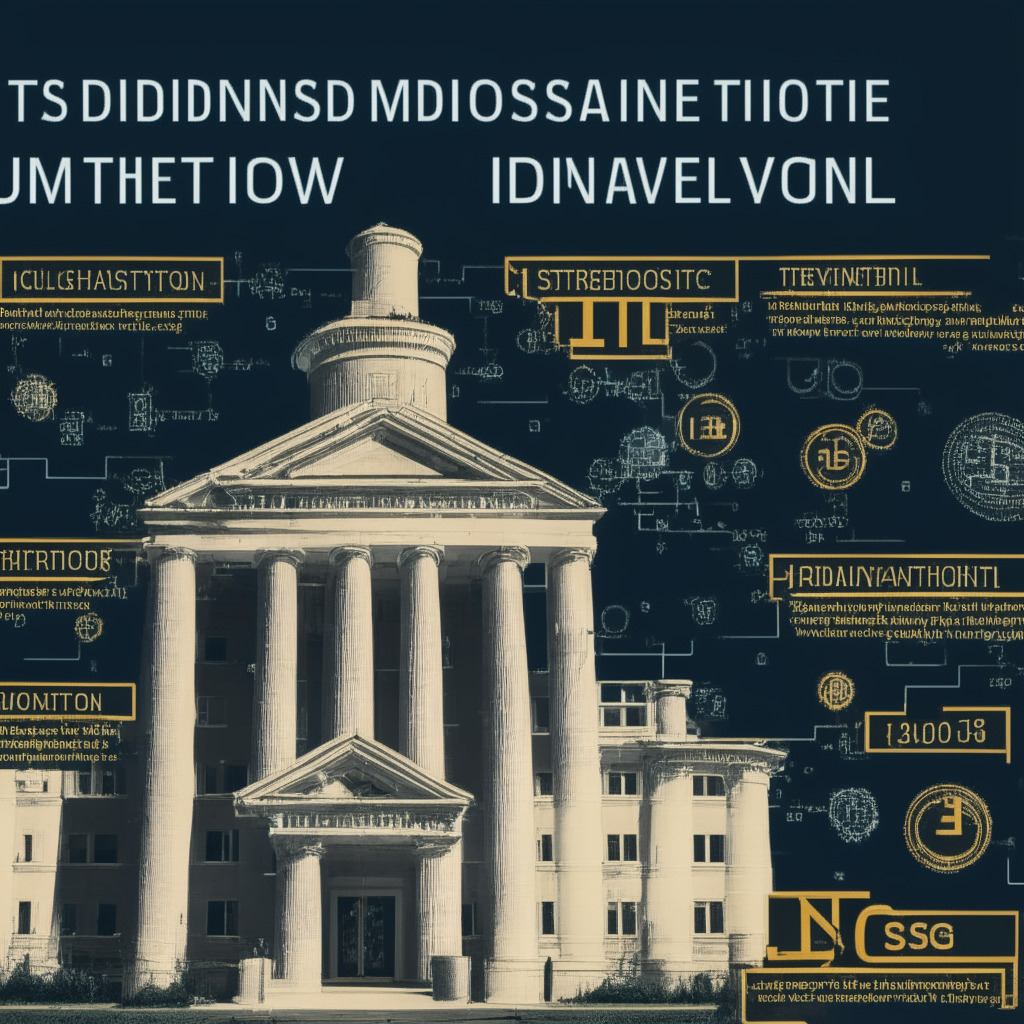In a race against time, President Joe Biden and top Republican Kevin McCarthy are set to resume discussions on the debt ceiling deal following the ineffective talks held on Monday. As the possibility of the United States defaulting on its debt becomes increasingly imminent, the Treasury Department is taking steps to prevent an unprecedented default, including asking federal agencies about the flexibility of upcoming payments.
With less than two weeks remaining before the looming deadline, the White House is urgently seeking avenues to buy more time for negotiations between President Biden and House Speaker Kevin McCarthy to raise the federal debt ceiling. In the early part of June, the federal government faces the possibility of missing a payment for the first time in modern history if additional borrowing, increased tax collection, or spending reductions are not implemented.
According to reports, Treasury officials have reached out to counterparts in other federal agencies to inquire about the possibility of delaying payments due before early June. However, it is important to note that the Treasury has not requested federal agencies to postpone payments beyond their original due dates. Earlier last week, senior members of the Treasury Department circulated a memo to federal agencies instructing them to take certain additional steps in order to keep the department closely informed of their spending.
By stalling payments until June 15, the surge in quarterly tax payments expected to arrive in the Treasury’s records might provide enough funding to push the default deadline further into July. This would allow for a fresh round of accounting measures, offering additional flexibility to avoid default in the near term. While speaking on this development to the Washington Post, Marc Goldwein, senior vice president at the Committee For Responsible Federal Budget noted that it’s possible for the US government to try new tricks to stall till June 15. “And if they get to June 15, they can go a lot longer”, Goldwein added.
While the Treasury Department’s efforts to extend the deadline are viewed as a potential solution by some, Treasury Secretary Janet Yellen has been resolute in her belief that avoiding calamity can only be achieved through timely action from Congress. In a letter addressed to lawmakers on Monday, Yellen highlighted that the federal government may exhaust its cash supply as early as June 1, although she expressed hope that the Treasury could hold out until early June. Wall Street forecasters, including Goldman Sachs, suggest that the true deadline for a missed payment is likely to fall around June 8 or 9.
Meanwhile, according to economists and market experts, failure to reach a deal by June 1 could have dire consequences, triggering an unprecedented market crash and a looming recession. Furthermore, extending the deadline itself could inadvertently create volatility in both equities and the crypto market, as investors remain uncertain about the brewing default scenario.
Source: Coingape




